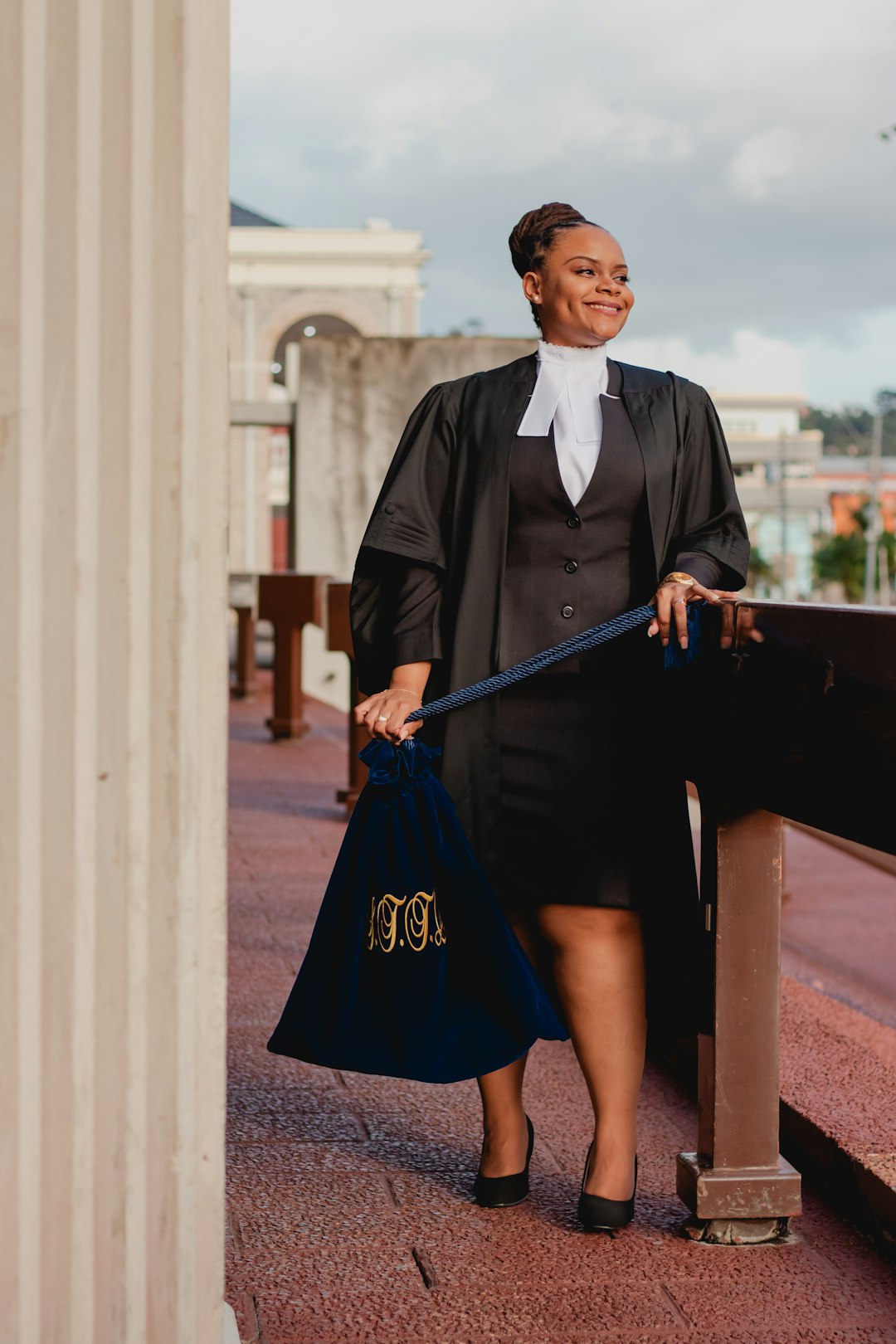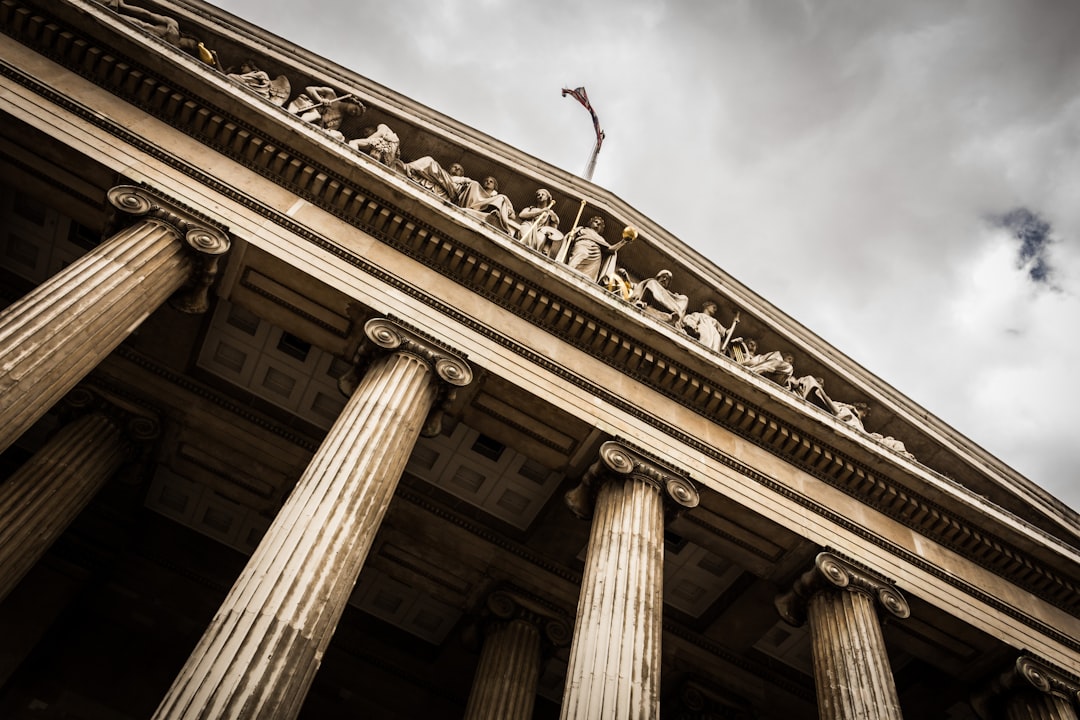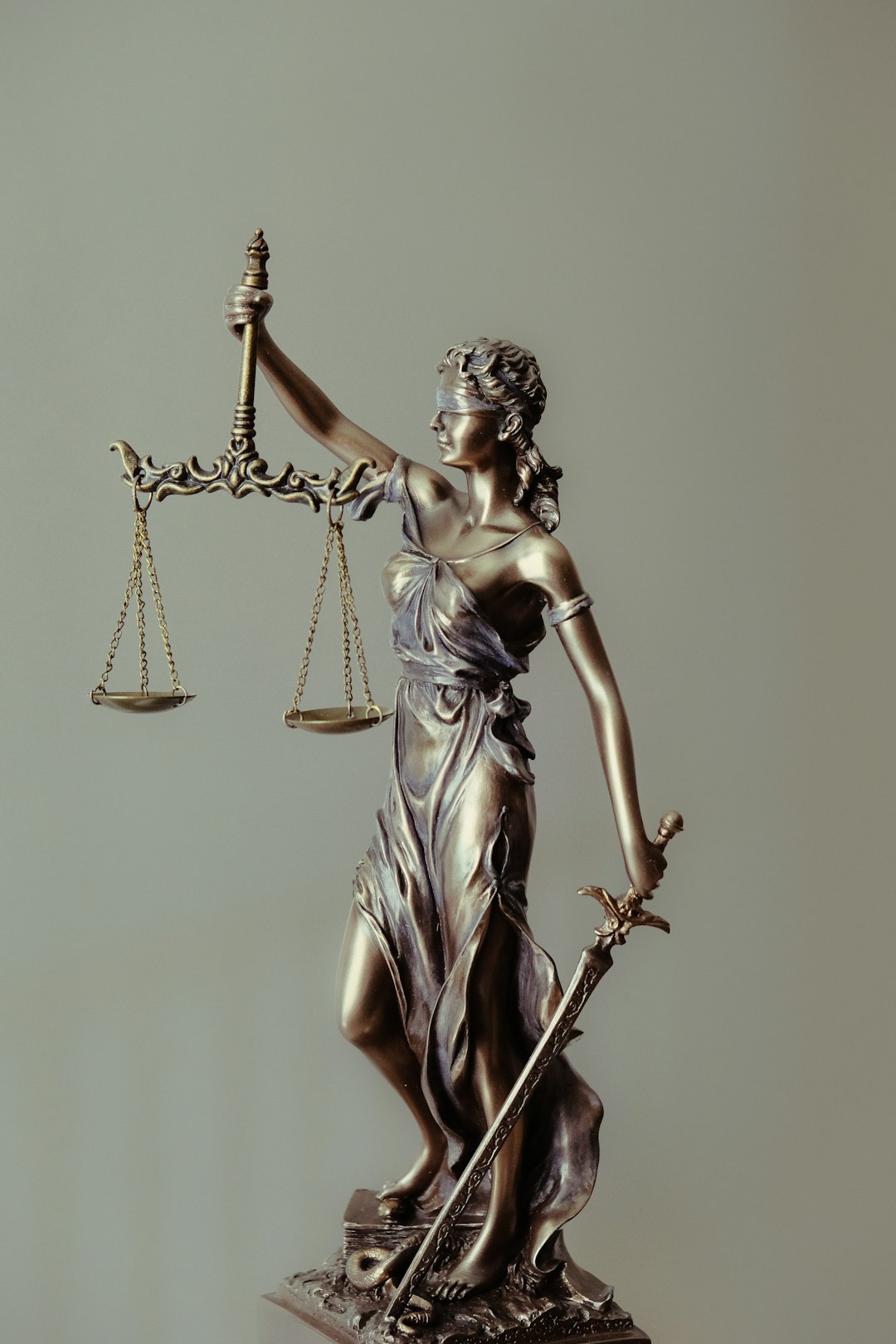Rape cases in New York City face stringent legal standards and evidence requirements. Rape law firms emphasize gathering comprehensive evidence, including medical records, forensic tests, and eyewitness testimonies. Expert testimony is vital for explaining complex issues like consent and trauma. Credibility challenges through cross-examination are key strategies for defense attorneys. Rape law firms navigate these complexities to ensure fair outcomes for survivors.
In New York City, navigating rape cases requires a deep understanding of state laws and evidence requirements. This comprehensive guide explores how to challenge evidence in sexual assault cases, focusing on key strategies employed by top-rated rape law firms in NYC. From physical evidence to expert testimony, we delve into the legal tactics that can disprove allegations, ensuring justice for those accused unfairly under stringent New York rape laws.
Understanding New York's Rape Laws and Evidence Requirements
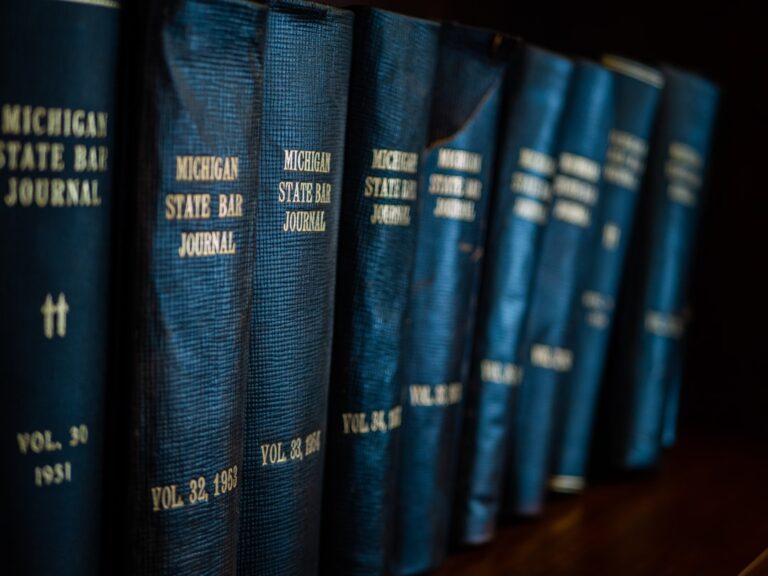
In New York City, rape cases are governed by strict legal standards and requirements for presenting evidence. Understanding the state’s rape laws is crucial for both victims and legal professionals alike. The definition of rape in New York is broad, encompassing various forms of sexual penetration without consent. This includes forcible or coercive acts that overcome a person’s will, as well as situations where consent is obtained through threats or intimidation.
New York’s rape laws require robust evidentiary support for convictions. Key pieces of evidence include medical records detailing injuries or sexual assault examinations, forensic evidence like DNA samples and blood tests, and eyewitness testimonies. Additionally, rape law firms in New York often emphasize the importance of documenting the victim’s statement and any supportive evidence from the scene. The state’s legal system demands a comprehensive approach to gathering and presenting evidence, ensuring that every angle is considered in these sensitive cases.
Challenges to Physical Evidence in Sexual Assault Cases
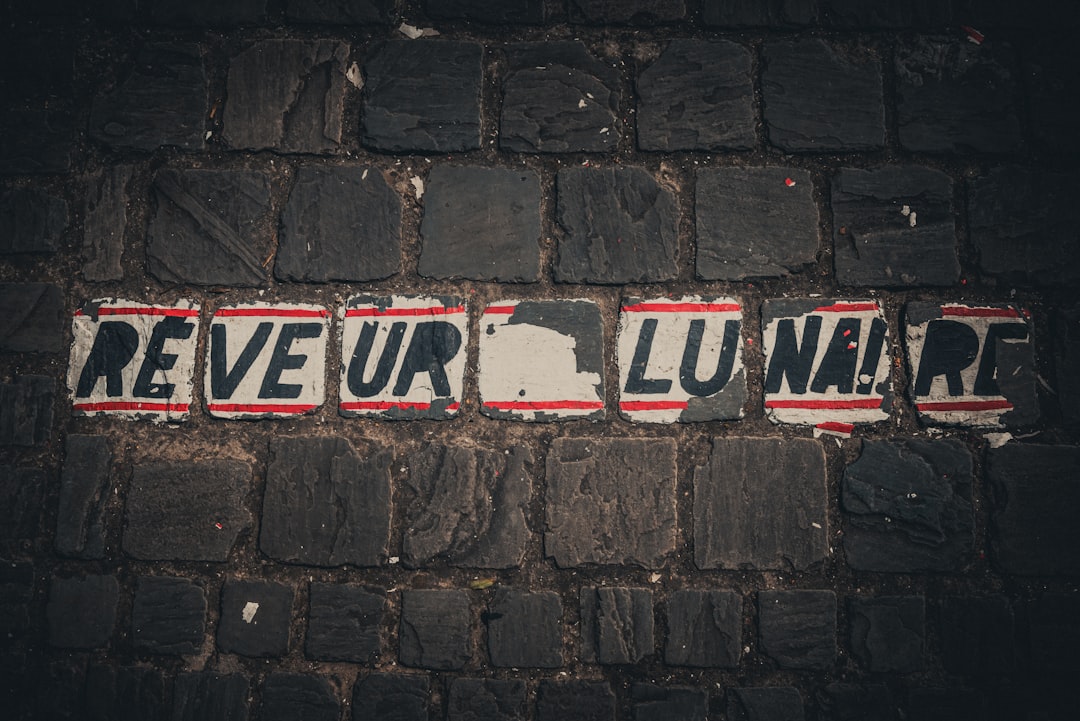
Challenges to physical evidence play a significant role in rape cases, and understanding them is crucial for survivors navigating the complex legal process in New York City. In sexual assault cases, physical evidence can include blood samples, DNA analysis, clothing fibers, and any other tangible items collected from the scene or victim. However, these pieces of evidence are not infallible and can be subject to human error during collection or potential contamination, making them open to challenge in court.
Rape law firms in New York often scrutinize the handling and preservation of physical evidence to ensure its integrity. They may question the chain of custody, especially when items are transferred between multiple parties, raising concerns about potential tampering. Experts can also challenge the validity of tests or the methods used, highlighting the importance of strict protocols and qualified analysts to maintain the reliability of such evidence.
Expert Testimony and Its Role in Disproving Allegations
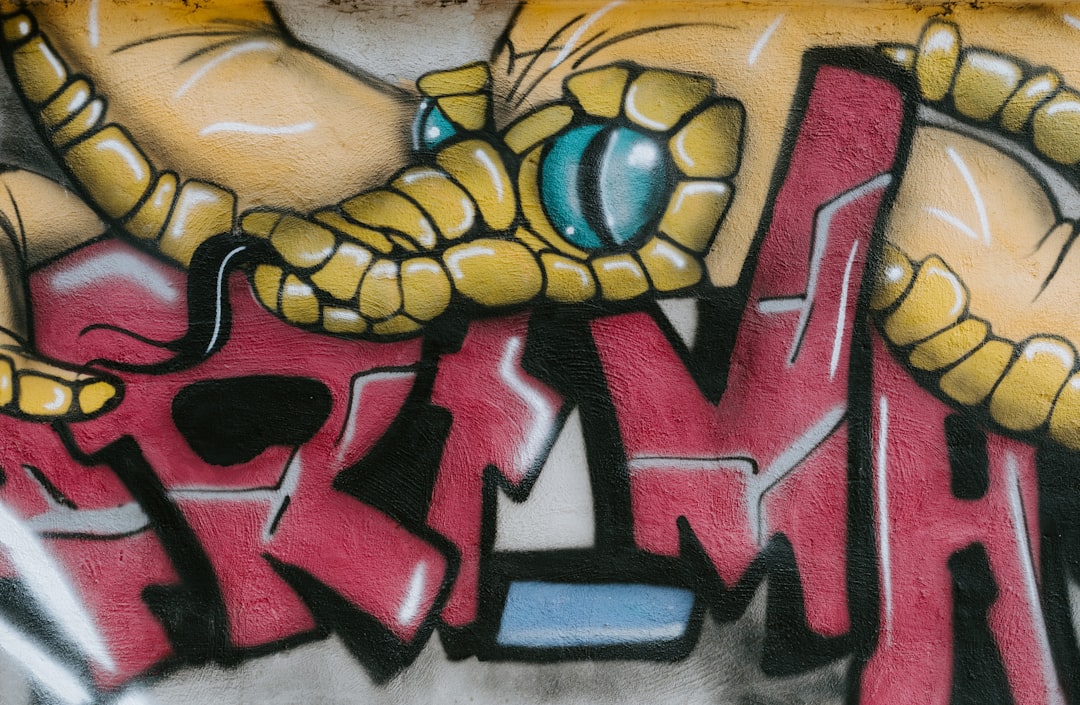
In many rape cases, expert testimony plays a pivotal role in challenging the evidence presented by prosecutors. Rape law firms in New York City often employ forensic experts, medical professionals, and legal scholars to provide insights that can either support or undermine the allegations. These experts help jurors understand complex issues related to consent, trauma, and the reliability of physical evidence. For instance, a forensic scientist might analyze DNA evidence, offering a nuanced perspective on its interpretation, which could potentially exculpate an accused person.
The significance of expert testimony lies in its ability to introduce scientific knowledge and methodologies that are beyond the average layperson’s understanding. It can challenge the validity of certain evidence and present alternative explanations. For example, an expert witness might explain how memory can be affected by stress or suggest that certain behavior post-assault is not uncommon among survivors, thereby casting doubt on the accuracy of an alleged victim’s testimony. This strategic use of expertise strengthens the defense and ensures a fair trial in sensitive cases like rape.
Legal Strategies for Questioning Credibility and Motives
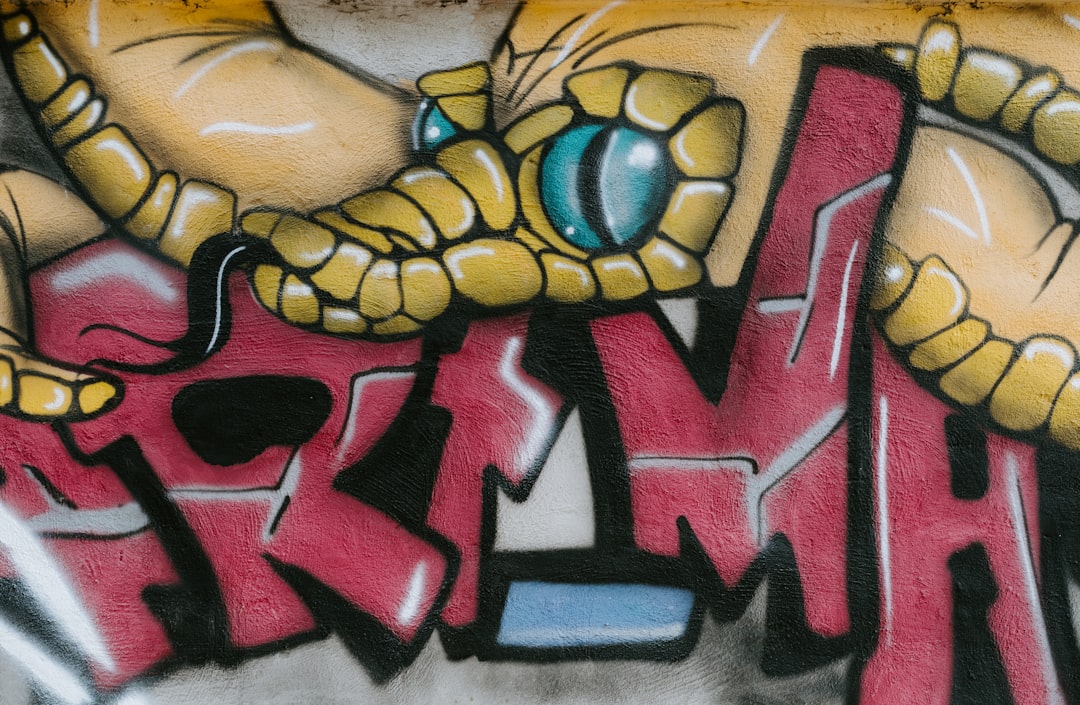
In rape cases, challenging the credibility and motives of witnesses is a crucial legal strategy employed by experienced rape law firms in New York City. Cross-examination plays a vital role here, allowing lawyers to scrutinize the victim’s accounts and test the reliability of their testimony. Lawyers may probe into any inconsistencies, gaps, or potential biases in the victim’s story. For instance, they might question why the victim didn’t immediately report the incident, how long it took to identify the accused, or explore any prior relationships that could influence their perception and subsequent testimony.
Moreover, defense attorneys can also challenge witnesses called by the prosecution, such as medical professionals or experts, who provide evidence related to the case. They might dispute the methodology used in collecting and analyzing evidence, raise doubts about scientific validity, or present alternative explanations for test results. Such strategic questioning aims to plant seeds of doubt in the jury’s mind, potentially altering their perception of the evidence presented and ultimately influencing the outcome of the trial.
